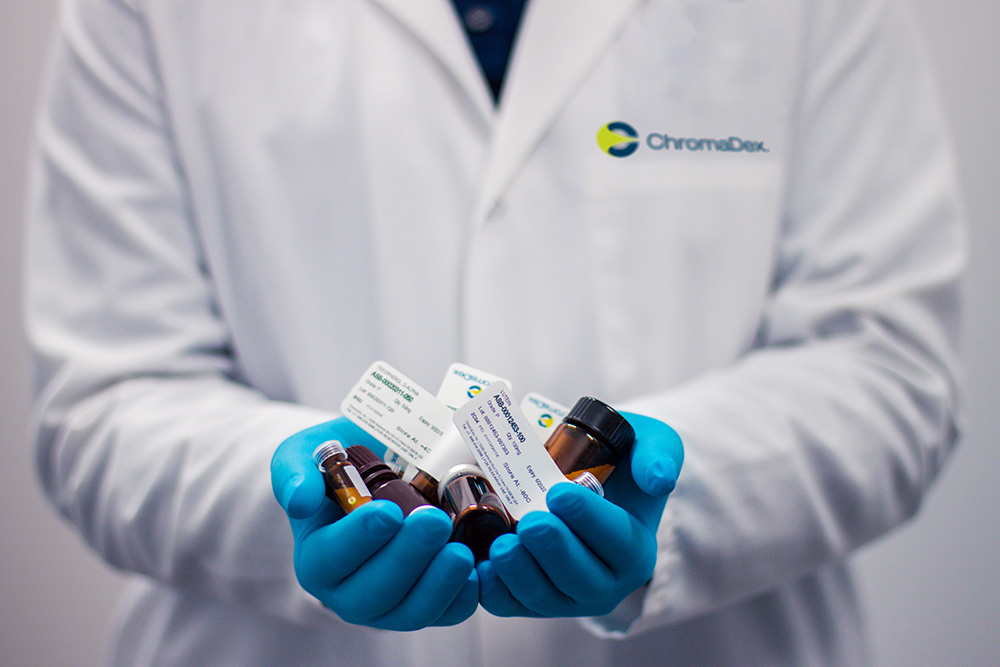September 23, 2019: In a policy document released today, the FDA announced that it did “not intend to take action against wholesale distributors” that do not meet the Drug Supply Chain Security Act (DSCSA) Salable Returns Verification Requirement before November 27, 2020.
This is a 1-year delay; the original deadline for wholesale distributors to verify a product identifier before further distributing a returned product was November 27, 2019 — barely two months away.
Why the FDA Delayed the Saleable Returns Verification Requirement
The FDA has received comments and feedback from wholesale distributors and other stakeholders “expressing concern with industry-wide readiness for implementation of the verification of saleable returned product requirement for wholesale distributors.” Specifically, stakeholders were concerned about the following:
- Large volume: Verification of saleable returns will involve “very large volume of saleable returned product requiring verification.” This statement points to the need to ensure testing with higher volumes across all VRS participants (see next bullet).
- More testing: More testing is required with higher volumes “during actual production.” The specific FDA language identifies the “need to refine and test verification systems during actual production using real-time volumes of saleable returned product rather than simply in pilots.”
- Interoperability readiness: This highlights the “the complexities of building an interoperable … system … amid immature technologies.” In short, the VRS is new and there are multiple participants that must be tested together.
More Time to Comply but Don’t Delay
The FDA has essentially granted a 1-year grace period, recognizing that some wholesale distributors — as well as their trading partners — simply won’t be ready to verify returned products by the original November 2019 deadline. This is good news for the industry, but efforts to implement VRS must not be delayed.
The FDA’s decision for the enforcement delay gives the industry time for more testing “during actual production using real-time volumes.” The implied understanding is that the industry will use the extra time to test more production-like scenarios. Companies that continue with their planned implementation efforts will benefit from the continued testing; companies that wait will not benefit from the extended test cycles and (like previous delays in enforcement) will end up competing for limited resources when the new deadline approaches.
The FDA announcement also indicated it was “aware that several pilot participants are in the early stages of developing and testing interoperable, electronic systems to enable verification and achieve interoperability between networks.” rfxcel is a key driver in the FDA pilots and has been approved to run a pilot to quantify the readiness of the VRS ecosystem. Our commitment to the industry to ensure readiness remains steadfast, and we will use this time to step up our testing efforts with our customers and the industry.
DSCSA Requirements That Are Not Affected by Today’s Announcement
The FDA made it clear that wholesale distributors and other stakeholders must still meet other DSCSA requirements:
- Wholesale distributors must still have verification systems in place to determine if a returned product is a “suspect product.”
- Beginning November 27, 2019, wholesale distributors must still ensure that the products they deal with are encoded with a product identifier.
- Manufacturers must still fulfill their verification obligations when they receive a verification request from a wholesale distributor.
- Beginning November 27, 2019, wholesale distributors can accept a returned product from a dispenser or repackager only if it can associate the product with its specific transaction information and transaction statement.
Furthermore, the revised policy does not apply to “returns of saleable packages and sealed homogeneous cases of product without product identifiers that were in the pharmaceutical distribution supply chain before November 27, 2018.”
Be sure to check back for more news and updates. rfxcel is the pharma industry’s thought leader on VRS and the longest-tenured track and trace provider in the life sciences. You can trust us to give you expert guidance on what to expect with the VRS, as well as all aspects of DSCSA compliance.



